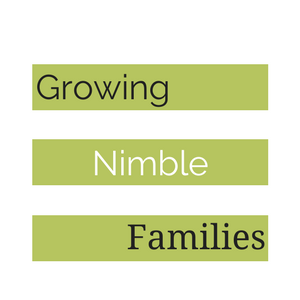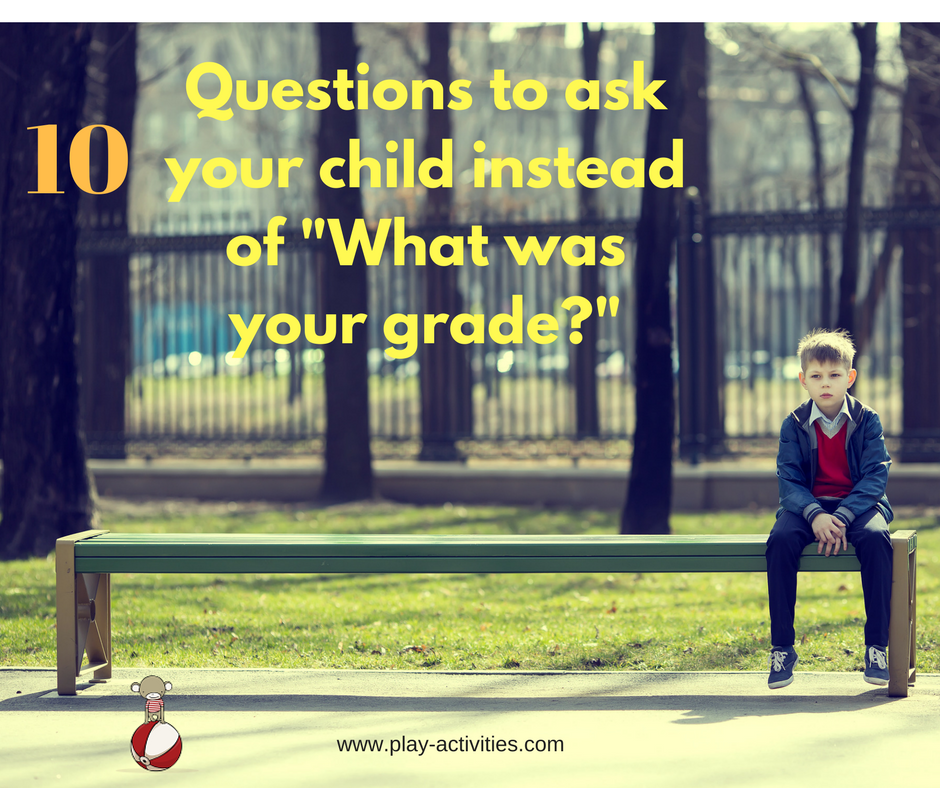As children move through the grade levels they start to have more tests and quizzes. Since the results are in numbers they are quickly translated into the letter grades.
I’m a big fan of summative assessment at the end of work that sums up what’s been learnt in a few sentences and one thing to work on. This is where the child can see the next step to progress and what to do to get there.
With only the numbers or percentage they see they didn’t get the 100% which isn’t obtainable for all anyway. Worse they don’t have a direction to go except, I failed.
Failure isn’t bad. It is bad if there’s no direction to know where to go from here so the children get on the course to success.
Since we see our children with more tests and quizzes naturally we wonder how they are doing when we see them at the end of the day.
Are you like most of us parents and fall into the trap of asking about test grades, quiz grades and scores almost immediately and get sucked into the vortex of talking about grades?
“How was your social studies quiz?”
“Did you get your grade for that math work?”
“Ohh, 85% buddy!”
“Where’s your paper?”
“What was the class average?”
Do you get stuck there and wonder how in the world did it come to be all about letters and numbers? You are not alone.
So if you’re stuck in the grades vortex and want to talk about all the other things that happen in school too then read on.
Grades have become this huge thing in many families. It’s all that’s talked about or a lot of the time is taken up with getting good grades, what happened to your grades and when’s the next test?( Here’s an alternative mindset)
What parents want
Parents of school-aged children want to connect and know
- about their children’s social and emotional development at school
- who are they talking to
- how are they resolving conflict?
They want to have a conversation that’s more than 8 out of 10 or 65%. Time is often the pressure that makes it easier to have these quick responses of yes/no or letter and number grades.
When papers come home and all there is is a number or wrong answers marked parents need to spend time deciphering the problem and having the conversation with their child about it. Not everyone can or has the time to work through each graded paper.
An alternative
That’s why I love having short age-appropriate comments at the bottom of the work.
The children can see. The parents can see. The child can see the next step or ask someone. The parent immediately sees where the help is needed.
The trouble with asking questions about grades every time is that the children believe it is the most important thing because it’s the thing we keep asking.
While it is an important thing there are other important things.
Try variations of these questions for each day as an alternative to the grades questions or as another question to start redressing the balance.
Ask the question and then pause and let that space fill with them talking. It might be a little rough. There might be silence. You may need to adjust the question, making it age appropriate or adding detail. But let them slowly unfold and let the true conversations begin.
Tip: For those children who don’t won’t give an answer, that’s okay. There are lots of reasons why they can’t right now.
Let’s face it they’ve probably not heard a question like this from you so they are a bit floored. They genuinely don’t know or ever thought about it or they are just grumpy. I’ve had them all and I’ve replied with, “I’ll ask you again tomorrow.” Then ask them again.
All day the younger school-aged children look out for the answer to the question and think about how to answer. ( It works for the older children too!)
10 Questions to ask your child instead of “What was your grade?”
- What effort did you put into your science today?
- What project(s) are you working on?
- How are your projects progressing?- What’s working really well? What’s not working so well?
- What’s a caring thing you’ve seen today in class?
- What did you see not work well today? Try and describe a way it could have been better? What would you have liked to have done?
- Who works really hard in class? Describe what they do?
- Who seems to be always happy, smiley or in a good mood at school?
- Sara Blakely- Spanx founder and CEO- What have you failed at this week? Watch the video for the follow-up responses
Business Insider: Spanx CEO On Failure
9. What questions did you ask today?
10. Tell me about something you struggled with today and kept going and then it began to make sense?
Get a printable version of this list just click here:10 Questions to ask your child instead of “What was your grade?” printable
These questions are about growth, success, failure and mindset. They are very much related to grades after all.












